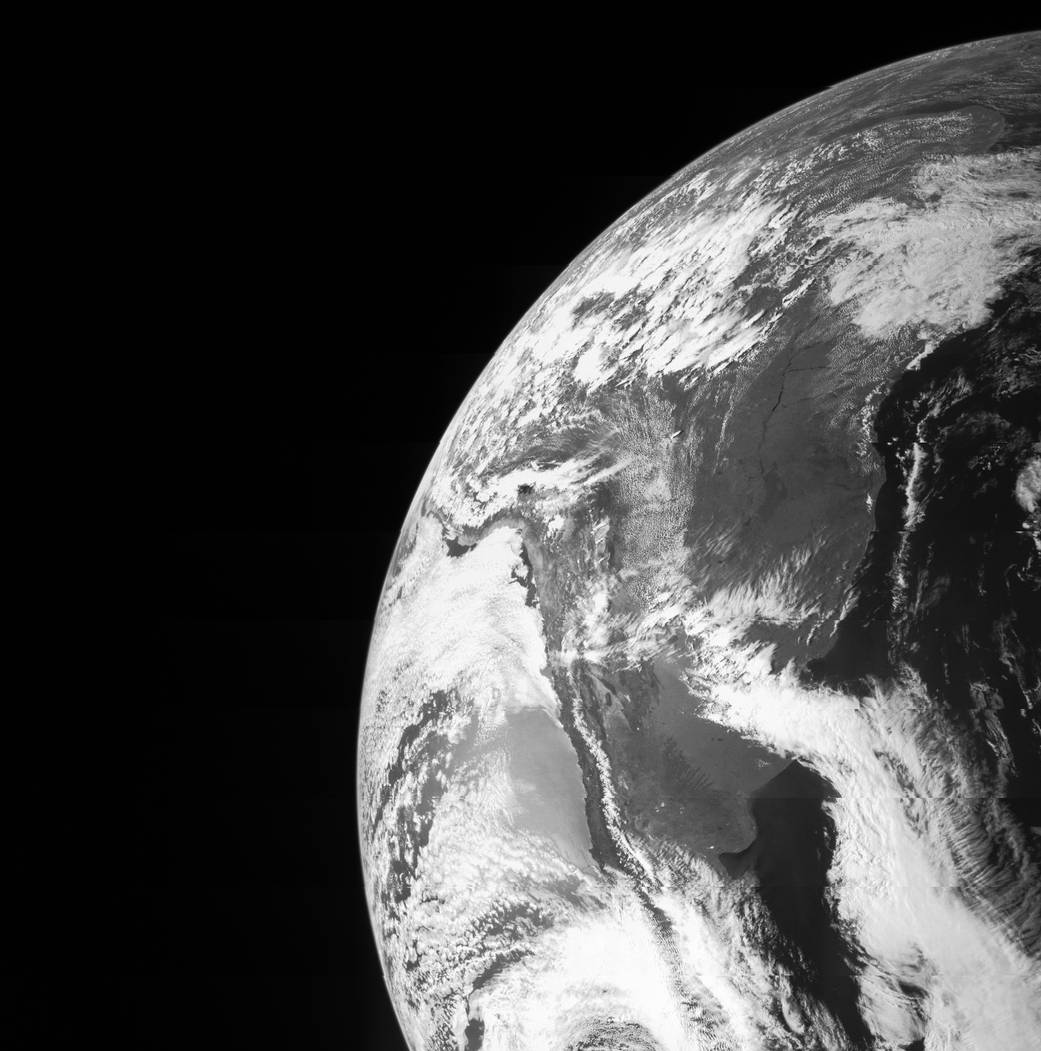My commentary that was posted also on Lion’s Roar on June 4, 2017
Yesterday was a dark day for Americans, as we listened to our president withdraw from the Paris 2015 climate agreement. For me, deep sadness was followed by anger.
I turned to others’ wisdom about our duty to care for each other and the planet.
From Buddhist leaders:
Together, humanity must act on the root causes of this environmental crisis, which is driven by our use of fossil fuels, unsustainable consumption patterns, lack of awareness, and lack of concern about the consequences of our actions.
We are united by our concern to phase out fossil fuels, to reduce our consumption patterns, and the ethical imperative to act against both the causes and the impacts of climate change, especially on the world’s poorest.
The time to act is now.
From Pope Francis:
Disinterested concern for others, and the rejection of every form of self-centeredness and self-absorption, are essential if we truly wish to care for our brothers and sisters and for the natural environment. These attitudes also attune us to the moral imperative of assessing the impact of our every action and personal decision on the world around us. If we can overcome individualism, we will truly be able to develop a different lifestyle and bring about significant changes in society.
We must regain the conviction that we need one another, that we have a shared responsibility for others and the world, and that being good and decent are worth it.
From Thich Nhat Hanh, in his book Love Letters to the Earth:
“Caring about the environment is not an obligation, but a matter of personal and collective happiness and survival. We will survive and thrive together with our Mother Earth, or we will not survive at all.”
His Holiness the Dalai Lama teaches us about the fragility of the Tibetan plateau and the Himalayan glaciers, called the Third Pole. Temperatures are rising three times faster than the global average at the Third Pole, which contains 40 percent of the world’s fresh water and feeds seven major rivers running throughout South Asia. His Holiness tells us, “Relying on prayer to God or Buddha seems illogical, because humans created the problem and humans must solve the problem to avert disaster.”
One person alone cannot solve the problem, but together we can do much.
With the Trump administration abdicating its global responsibilities, individual behavior and actions will make an even bigger difference. Our daily habits in two areas are especially important in determining our ecological footprint: diet and transportation. Our impact on earth is dramatically reduced if we eat little or no meat and if we do not waste food, which we can alleviate by eating leftovers and composting our scraps. Our carbon emissions are dramatically reduced if we drive hybrid or electric vehicles, use public transit, and walk or bike. A meat-heavy diet, wasting food, and driving gas guzzlers are killing people and earth, and are unacceptable Buddhist practice.
One person alone cannot solve the problem, but together we can do much. Working with our sangha and engaged environmental groups, we can work with our local and state governments to move ahead in creating low carbon and just economies. At the national level, we can resist Trump’s rollback of clean-energy programs by supporting legal actions and by pushing our representative and senators to support clean energy and sustainable agriculture programs, as well as financing the United Nations’ Green Climate Fund to help vulnerable developing countries prepare for climate impacts and transition toward low-carbon economies. Both lawsuits and town hall meetings make a difference.
As a Buddhist economist, I draw strength from knowing that we can create an economy that creates comfortable, meaningful lives for all people and cares for the earth. Together we can move forward, and not let Trump stand in our way.
Every second of every day, may we care for each other and Mother Earth, and may we enjoy life!
Image of Earth via NASA/JPL-Caltech/Malin Space Science Systems
